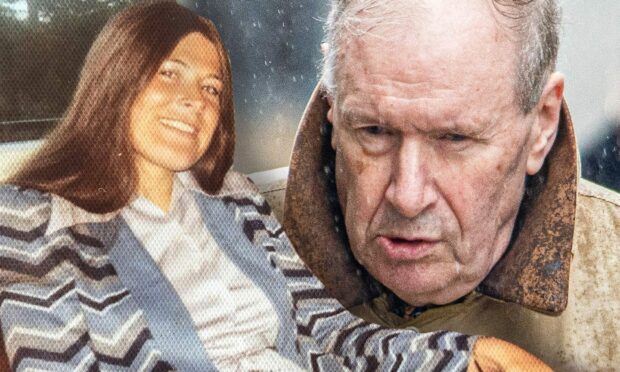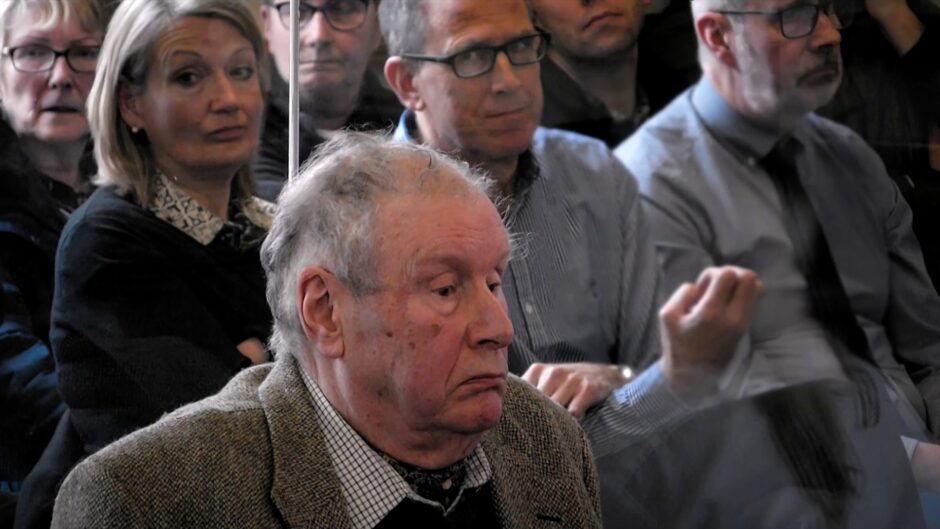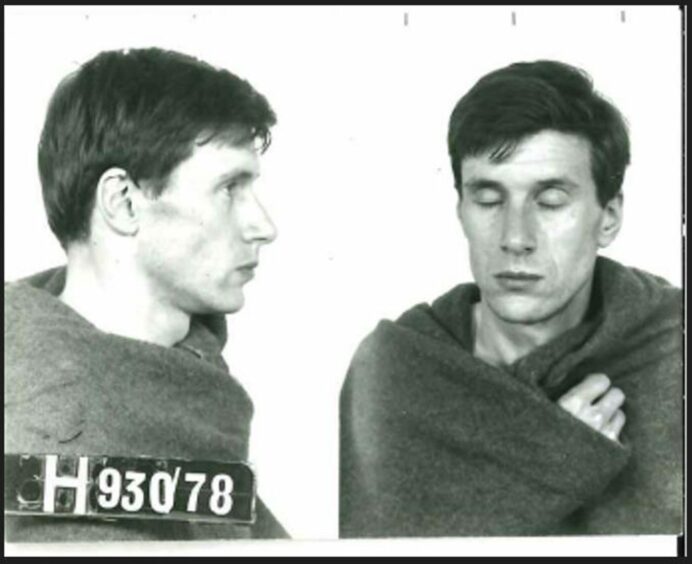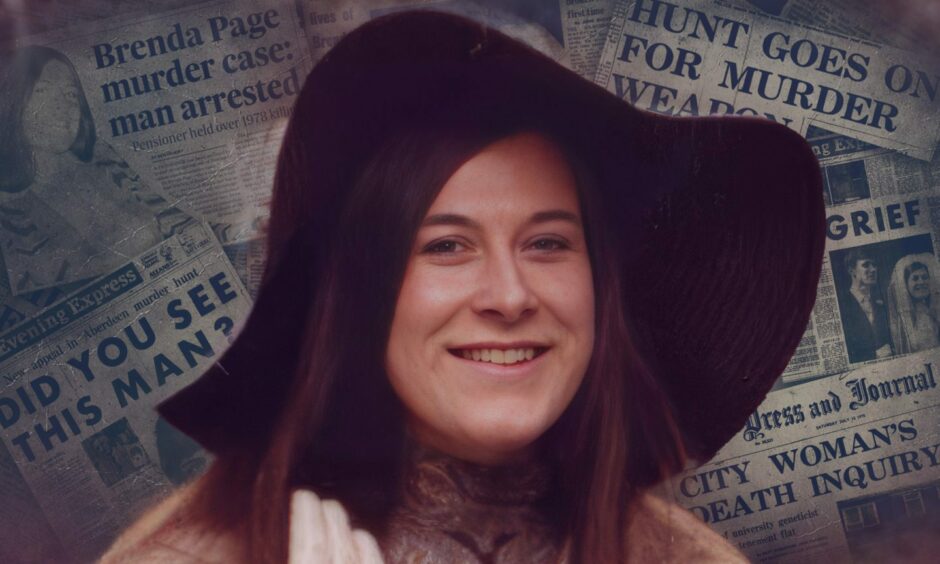Lawyers for the man who murdered Aberdeen scientist Brenda Page have failed to convince judges to give them more time to prepare his appeal against conviction and sentence.
Christopher Harrisson, Brenda’s ex-husband, instructed his advocate Gordon Jackson KC to address the Court of Criminal Appeal today.
Mr Jackson told judges Lady Wise, Lord Armstrong and Lord Beckett for an extension to the time they have to prepare their case.
Mr Harrisson, 82, is serving life for the murder of Brenda, who was 32 when she lost her life in Aberdeen in July 1978.
The retired research scientist carried out the horrifying assault just one year after he and Brenda were divorced.
A court heard how her body was found on her blood-stained bed.
Harrisson believes he is the victim of a miscarriage of justice and is seeking the appeal court to overturn his conviction for murder.
In the event of appeal judges refusing the conviction appeal, Mr Jackson would seek for Harrisson’s minimum 20-year term to be reduced.
On Thursday, appeal judges refused to grant the request made for Mr Jackson. They said his request was “incompetent.”
Mr Jackson was appealing against a decision made earlier by judge Lord Doherty – the appeal judges found that Harrisson’s lawyers did not appeal Lord Doherty’s decisoin within a time limit set down by the court.
Harrison was convicted following a 10-day trial at the High Court in Aberdeen – a jury of eight men and seven women took two and a half hours to reach their verdict.
Judge Lord Richardson told Harrisson, who has no previous convictions, he had carried out a “sustained and vicious” attack.
Lord Richardson said that as a result of a “senseless act of violence” Dr Page’s life had come to a “brutal and premature end” and her potential was left unrealised.
The two young scientists had married in 1972. Their divorce was granted in October 1977.
Dr Page also took out an interdict to keep her ex-husband away from her.
He had been apprehended in the hours after the 1978 murder and interviewed, and a report was submitted to prosecutors.
However, it was decided there was insufficient evidence to take him to court at the time.
It was not until 37 years later in 2015 that the case was re-investigated.
Witnesses were re-interviewed and numerous different forensic organisations were able to analyse the DNA available.
Harrisson will now ask the Scottish Criminal Cases Review Review Commission to look at the case.



